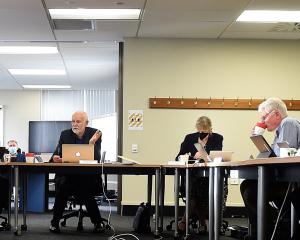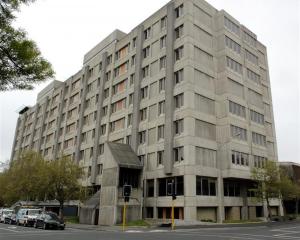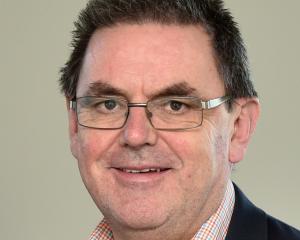A chronic shortage of aged residential care nurses in the South is showing no signs of easing.
Last month a Southern District Health Board survey of rest-homes and other aged-care facilities in Otago and Southland suggested that about two-thirds of southern facilities did not have the required number of registered nurses.
In a report to be considered by the board tomorrow chief executive Chris Fleming said the nurse shortage continued to worsen, and that the pool of available nurses was "very limited".
The Health and Disability Services (Safety) Act requires aged-care facilities to alert DHBs of any potential health or safety risk to their residents, and Mr Fleming noted in the past two months there had been a substantial hike in notifications.
In September, five facilities reported 86.5 shifts where there was no registered nurse available to provide cover, an increase of just over 70 in August and markedly more on the about 20 instances in July.
Last month the SDHB set up a registered nurse workforce steering group to try to improve the situation.
Mr Fleming said a recently appointed workforce co-ordinator had contacted several nurses on the board’s books who were known to live in Otago and Southland and who had qualified overseas, to see if they wanted support to become registered to work in New Zealand.
"Contact has been made with the Nursing Council to overcome issues that are barriers for some of these applicants achieving registration," Mr Fleming said.
The board had also agreed not to hire visa-holding nurses from aged residential care facilities, and advice was being sought from the Ministry of Health on potentially hiring more nurses from overseas, he said.
The nursing shortage has had a knock-on effect on bed availability in aged residential care facilities, and at the end of September there was a waiting list of 24.
Of those, five were in hospital care, nine were being cared for at a level which did not match their needs, and 10 were in the community or a hospice.











